news
Presidency explains Abba Kyari’s role as Chief of Staff
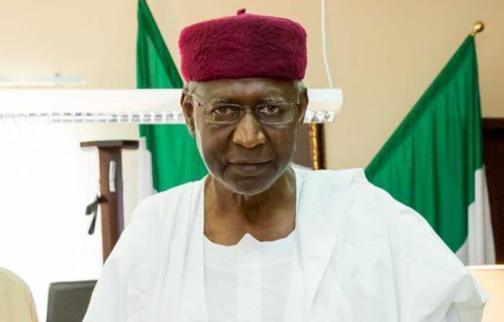
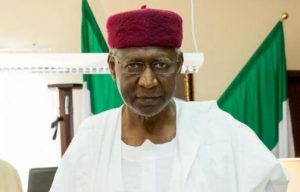
Abba Kyari
The Nigerian Presidency responded to some criticism about the gatekeeping role of Malam Abba Kyari, Chief of Staff to President Muhammadu Buhari, saying that the role remains what it was in Buhari’s first term.
President Buhari had stirred the controversy when he told his 43 ministers at the end of a retreat that: In terms of coordination, kindly ensure that all submissions for my attention or meeting requests be channelled through the Chief of Staff, while all Federal Executive Council matters be coordinated through the Secretary to the Government of the Federation (SGF).”
The rule was attacked by political opponents, some of whom said cheekily that Abba Kyari has now become the president.
But in a statement by the SSA Media to the President, Malam Garba Shehu on Saturday night, the ruckus was absolutely unnecessary as Kyari performed a similar role between 2015 and May 2019. He called for the cessation of the controversy.
“It is time to end the unnecessary controversy, for the key appointees of the President to carry out their jobs”, Garba said.
Please read his full statement:
“Recent media and social media reports on the responsibilities of the Chief of Staff to the President have suggested that the role has changed. This is not the case”, Garba said.
“Today, under the Buhari II administration the role of Chief of Staff remains the same as it was under Buhari I.
“It is worth stressing that the role and responsibilities of the Chief of Staff and the method of communication and arranging scheduling between Cabinet members and the President are, in Nigeria, based on the US model, where the same system operates – and has done for decades – in precisely the same way.
“That role is to act as the head of the presidential administration at Aso Rock; to be an adviser to the President on any and all matters; to be the line manager for all staff at Aso Rock; and to manage appointments and scheduling for the President.
“In the traditional presidential system, it is a primary function of a Chief of Staff, which may vary according to the needs and desires of each President, to supervise key State House Staff, control access to the office and the person of the President, manage communications and information flow and this includes that which binds the relationship with the two other arms of government.
“During the President’s first term those were the responsibilities of the Chief of Staff, and they remain the same responsibilities today. There is no change.
“When President Buhari explained to ministers that they would be expected to communicate with him and arrange scheduling to meet with him primarily via the Chief of Staff, he did so as many of the Buhari II Cabinet ministerial appointments are new appointments and cannot therefore be expected to know how matters of liaising with the President operate.
“This is to stress that access to the President is open to ministers. It is not true that this is denied them in the Second Term.
“The Secretary to the Government of the Federation (SGF) on the other hand is responsible for ensuring the effective coordination and monitoring of the implementation of government policies and programmes. All cabinet matters must go through him.
“Under this dispensation, a performance evaluation of ministers and Permanent Secretary will be maintained by the SGF. Two weeks after assuming office, they are expected to sign mandate acceptance documents.
“It is time to end the unnecessary controversy, for the key appointees of the President to carry out their jobs.”
-
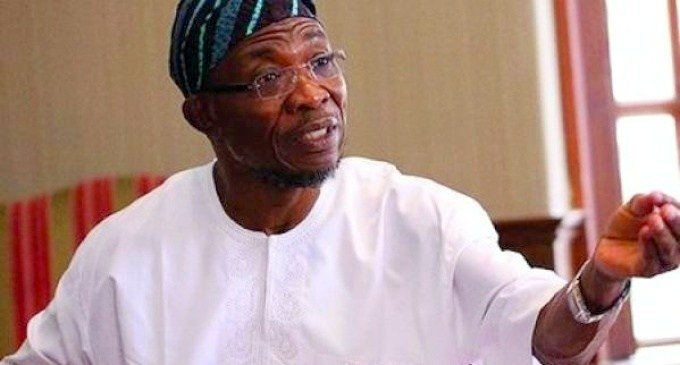
 news7 years ago
news7 years agoOsun Government presents 2015, 2016 audited accounts…sets record as the first state in Nigeria to publicly declare accounts
-

 crime5 years ago
crime5 years agoArotile’s ex-classmate had no driver’s licence, report reveals
-

 lifestyle8 years ago
lifestyle8 years agoAmazing Tips for an Outstanding Makeup
-
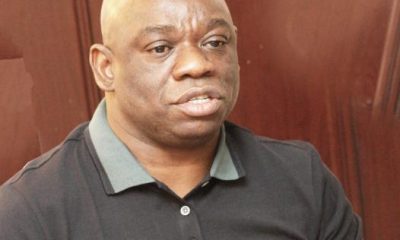
 news4 years ago
news4 years ago2023: Kola Abiola Set To Declare For Presidency
-
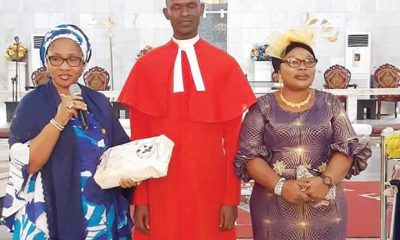
 entertainment5 years ago
entertainment5 years agosanwo-Olu honours sacked chaplain after Ambode’s wife saga
-

 business5 years ago
business5 years ago#EndSARS: Access Bank announces N50 billion interest-free facility for businesses
-
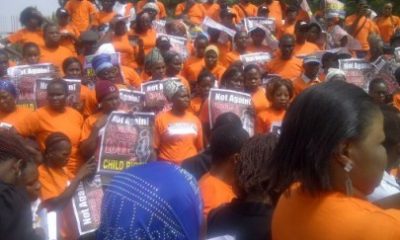
 entertainment6 years ago
entertainment6 years agoSee how Women now use toothpaste to tighten vagina
-

 lifestyle5 years ago
lifestyle5 years agoUS Church ‘refunds members three years tithes’ as help during COVID-19

